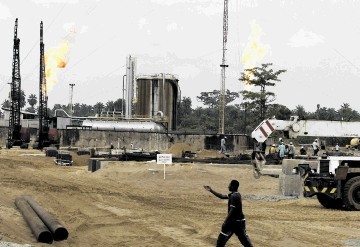
Oil and gas service companies operating out of the UK, and in particular Aberdeen, have not been slow to recognise the huge potential in the emerging African offshore hydrocarbon sector.
At Pinsent Masons, we have first-hand experience of advising businesses looking to grow market share in Africa, including acting as advisers to conglomerate Jagal Group in an alliance with Subsea 7 in Nigeria. The deal was partially in response to legal requirements in Nigeria, aimed at improving local involvement in the development of the country’s oil and gas assets.
The Nigerian Oil and Gas Industry Content Development Act is designed to enhance the level of participation of Nigerians and Nigerian companies in the development of the country’s oil and gas industry and its effect is being felt by international companies wishing to do business in Nigeria.
What this effectively means is that only those companies with significant indigenous capital – human and otherwise – will be allowed to win licences to operate on some very lucrative local contracts.
The Nigerian government is trying to encourage partnership between local businesses and international providers which will ensure that expertise and resources are shared. This is likely to lead to a flurry of joint ventures as major international companies move quickly to secure partners of sufficient quality, and in fact, we are concluding several other deals which will be made public in due course.
Awards of contracts will not necessarily go to the lowest bidder and where the bid values are similar, the bid containing the highest level of Nigerian content could be selected.
The key for international investors in Nigeria and other African countries with similar policies or legislation is to make sure that they retain sufficient influence within the corporate structure. They need to safeguard their own investment in the long term, but also ensure they adhere to these new Nigerian content rules.
Gemma Crawford is an associate with law firm Pinsent Masons in Aberdeen.